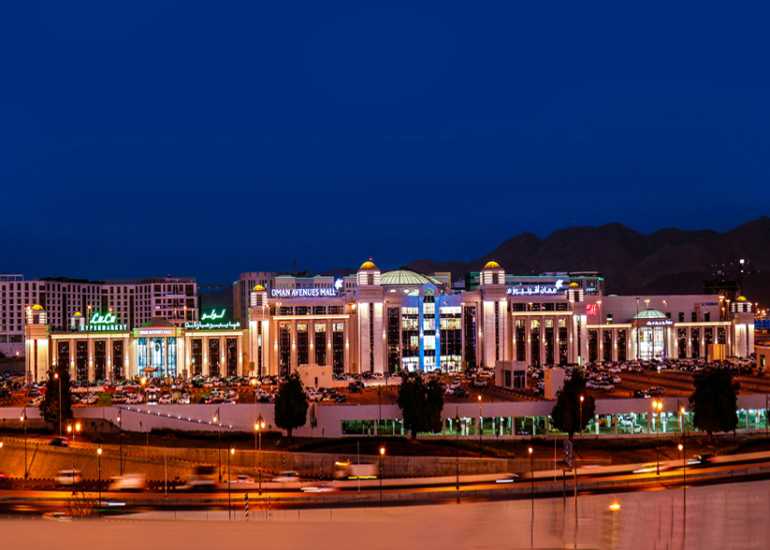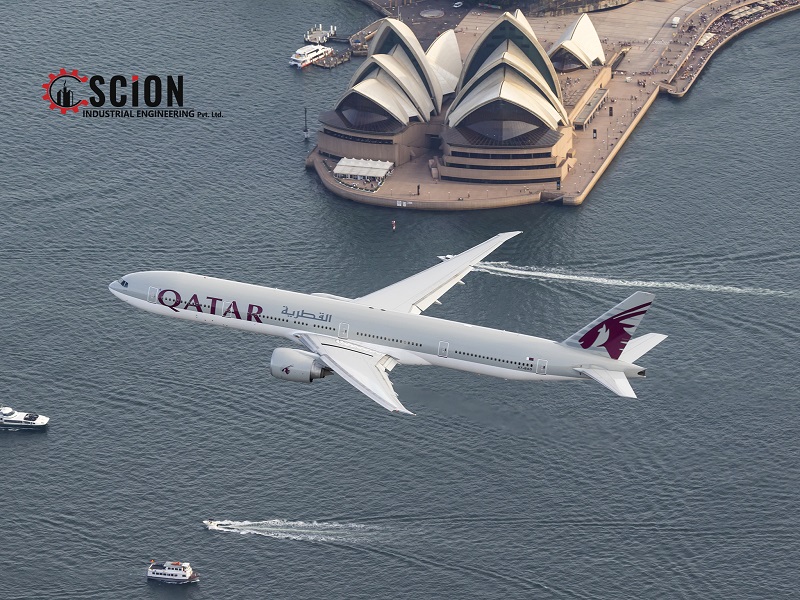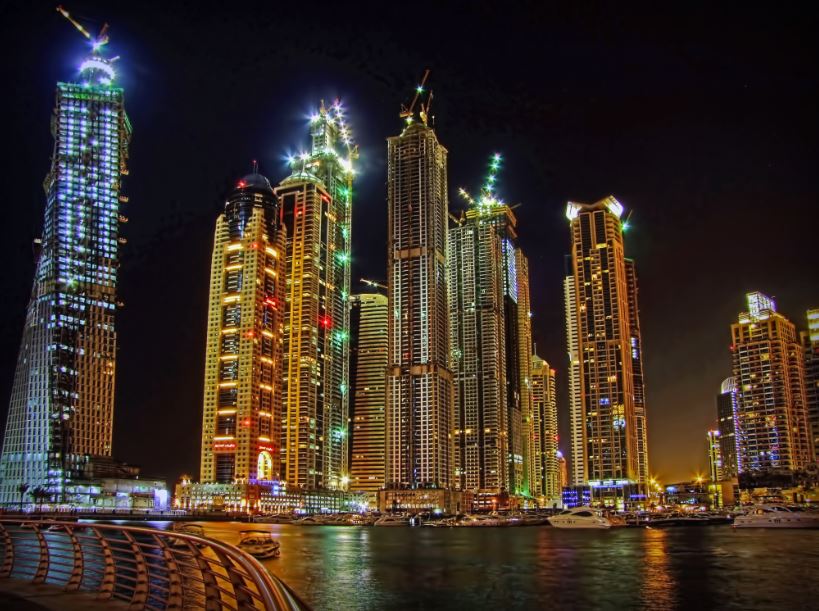The reopening of land, air and sea borders between the UAE and Qatar is expected to see a surge in businesses between the two nations while the ending of a three-year standoff between Qatar and its immediate neighbours will benefit Qatar and GCC economies in the medium term, according to analysts.
“The reopening of borders will allow the recommencement of cross-border trade, services and travel that has been largely in hiatus since the embargo was imposed in June 2017, the diplomatic thaw is unlikely to have immediate material credit ramifications due to the limited intra-GCC trade linkages,” said Thaddeus Best an analyst at rating agency Moody’s.
According to Moody’s, the prolonged duration of the diplomatic spat, which provided Qatar with ample time to build trade and financial ties with new partners outside the GCC in the interim and thus the short-term impact on Qatar economy will be limited. It will nevertheless have some economic benefits for tourism and trade in the region at a time when both sectors are still reeling from the coronavirus shock.
Qatar’s main exports to the GCC, namely piped natural gas to the UAE through the Dolphin pipeline, continued undisrupted throughout the diplomatic dispute. Abu Dhabi National Oil Company (ADNOC) and Qatar Petroleum also renewed an oilfield concession in 2018 despite the embargo.
Tourism impact
The agreement will once again allow visitors to Qatar from Saudi Arabia, Bahrain and the UAE, which accounted for almost 40 per cent of total visitors prior to the dispute. Tourism is not a major contributor to the Qatari economy, accounting for around 9 per cent of GDP, and the pandemic will constrain near-term upside potential, Moody’s noted.
“That said, over the medium-term, the normalisation of relations will allow regional football fans, especially from Saudi Arabia, to attend the 2022 FIFA World Cup. It will also allow Qatar Airways to resume flights over the rest of GCC,” said Alexander Perjessy, an analyst at Moody’s.
Rating agency Fitch said the reopening of borders with neighbours will help Qatar’s battered non-oil economy.
“A resumption of travel links will eventually lift tourism inflows, and greater interest from regional buyers could support the real estate market, which has been in a multi-year downturn,” Krisjanis Krustins, Director, Sovereign Ratings, Fitch Ratings.
UAE and Saudi gains
The UAE – especially Dubai – and Saudi Arabia may benefit more from the reopening of trade, tourism and investment channels with Qatar given their tourism and real estate sectors, according to Moody’s.
However, the rating agency said these gains should be kept in perspective in the context that Qatari tourists accounted for about 1 per cent of Dubai’s visitors before the border closure although they accounted for a proportionately larger share of tourism receipts because of high income levels. As such, the reopening of borders will have limited impact on government revenue and overall fiscal performances across the GCC.
Qatar’s financial system could also benefit if lenders and depositors from the blockading GCC sovereigns return. The normalisation of relations could support renewed inflows of deposits and cross-border lending from the GCC, potentially reversing the decline witnessed since the dispute, but the relatively high average credit rating for Qatari banks has supported ample access to foreign funding regardless.
Source:https://gulfnews.com/business/uae-qatar-ties-reopening-of-borders-to-benefit-uae-and-gcc-economies-1.76372589








